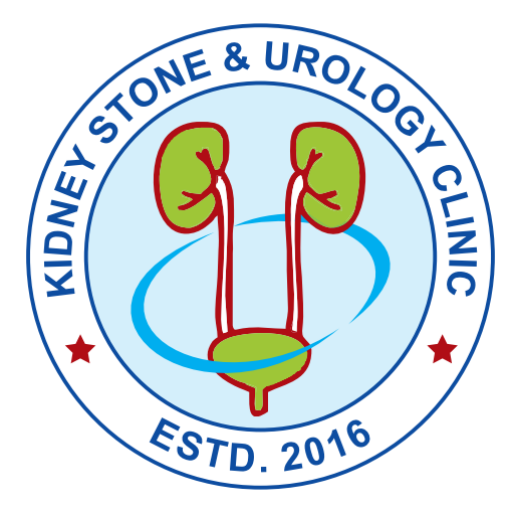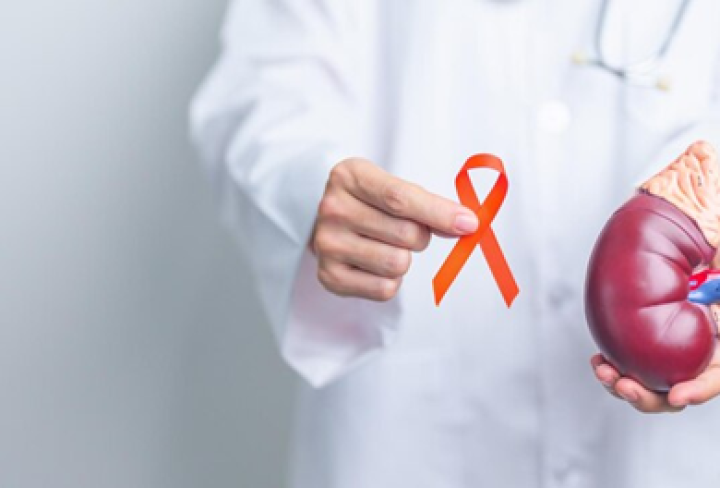Wilms tumor is a common kidney cancer in young children. It is generally seen in children less than five years of age. It can affect one or both kidneys and may spread to other parts of the body.
There is no known cause of Wilms tumor, hereditary may play a role in few cases.
Symptoms of Wilms’ Tumor
Usually, symptoms do not appear until the tumor is large and advanced. The most common symptom is a swollen abdomen, which is usually painless.
Other symptoms include,
- Blood in urine
- Constipation
- Fever
- Loss of appetite
- Nausea and vomiting
- Weight loss
- Shortness of breath
Risk Factors for Wilms’ tumor
Factors increasing the child’s risk of having Wilms tumor are:
- Birth defects (abnormalities of the genitals)
- Family history of Wilms tumor
- Female gender
- Genetic syndromes
- Pesticide exposure during a mother’s pregnancy
Research continues into the exact cause of a Wilms’ tumor, but it most likely starts with faulty kidney cell development before birth.
The abnormal cells multiply in their primitive state and become a tumor, which is usually detectable at the age of 3 to 4 years.
Diagnosis of Wilms’ Tumor
To diagnose wilms tumor, the doctor may perform,
- Physical examination to look for possible signs of Wilms tumor
- Blood and urine tests to detect kidney function and anemia
- MRI and CT scans to identify the location and spread of the tumor
- Biopsy to confirm the diagnosis
Treatment of Wilms’ Tumor
- Surgery to remove the tumor, the entire organ, and surrounding tissue depending on the stage of the cancer
- Chemotherapy to eliminate any remaining tumor cells following surgery
- Radiation therapy is used in more advanced cases to shrink the tumor
- Medications to control pain, hypertension, nausea, and infections
Post-Treatment Care for Wilms’ Tumor
Your child should:
- Drink adequate liquids for the proper functioning of the kidneys
- Limit the drugs that harm their kidneys
- Get regular blood pressure checks
Go for regular check-ups to avoid recurrence or problems following treatment.
Diet recommendations for Wilms’ tumor child
The diet of Wilm’s tumor child should be well-balanced because many cells die every day. So, it is necessary to ensure that all types of nutrients are present adequately in the diet.
Foods to include in your child’s diet:
- Dried beans and chickpeas
- Almonds and cashew nuts
- Green leafy vegetables (spinach, cauliflower, ladyfinger)
- Meat and Liver
- Whole grains
- Jaggery
Foods to avoid:
- Restrict salt-intake
- Spicy and packed foods
- Fried foods
FAQ’S On Wilms’ Tumor
What is the survival rate for Wilms tumor?
Around 90% of Wilms’ tumor has a high success rate for treatment.



